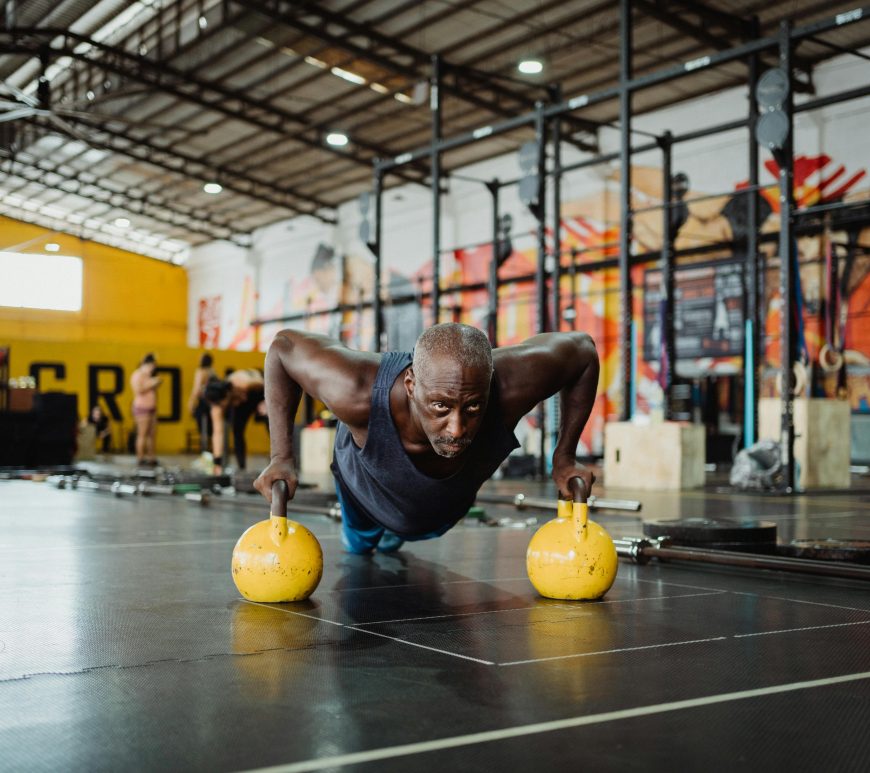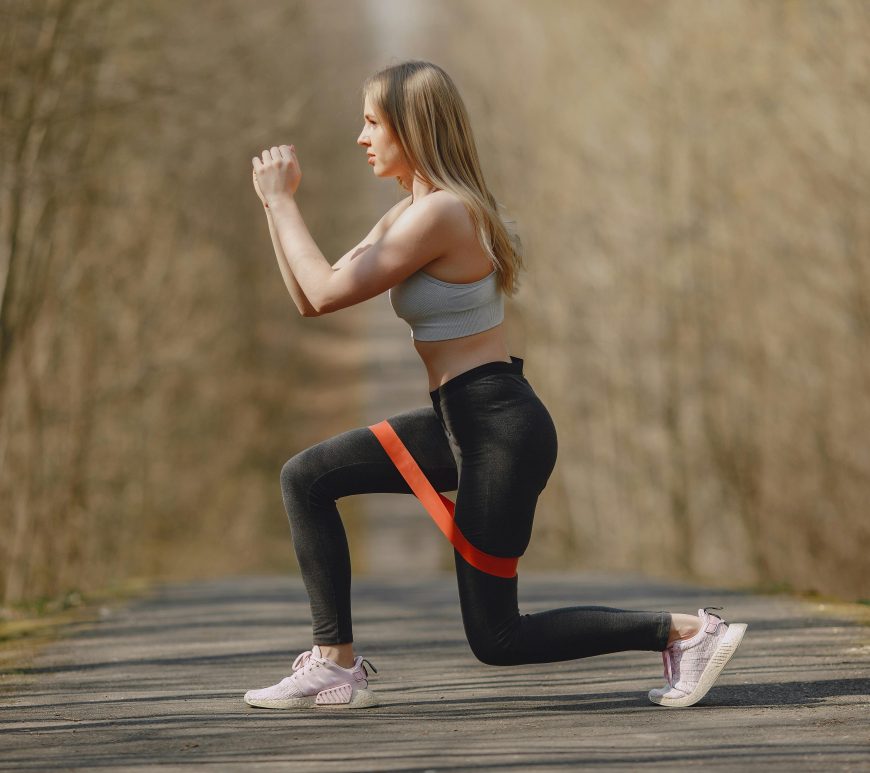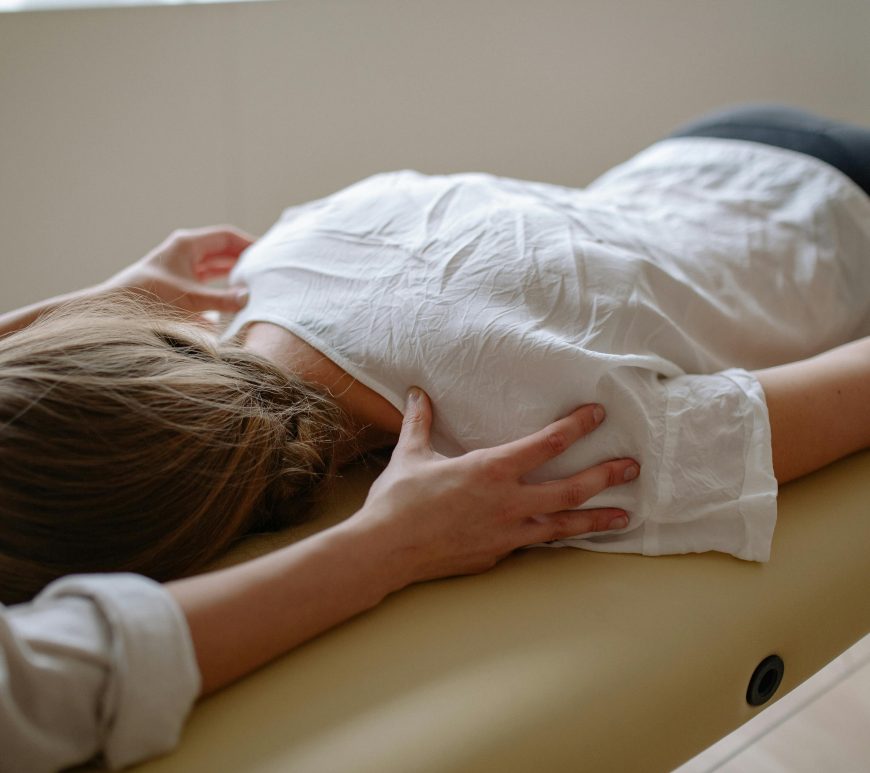
Do treadmill and resistance exercises offer unique benefits for parkinson’s disease?
In 2013, a study published by Lisa M. Shulman and colleagues investigated the effects of different exercise regimens on patients with Parkinson’s disease, focusing on gait speed, cardiovascular fitness, and muscle strength. Conducted at the Parkinson’s Disease and Movement Disorders Center at the University of Maryland and the Baltimore Veterans Affairs Medical Center, the study was a randomized, single-blinded clinical trial involving 67 patients experiencing … Continue reading Do treadmill and resistance exercises offer unique benefits for parkinson’s disease?



